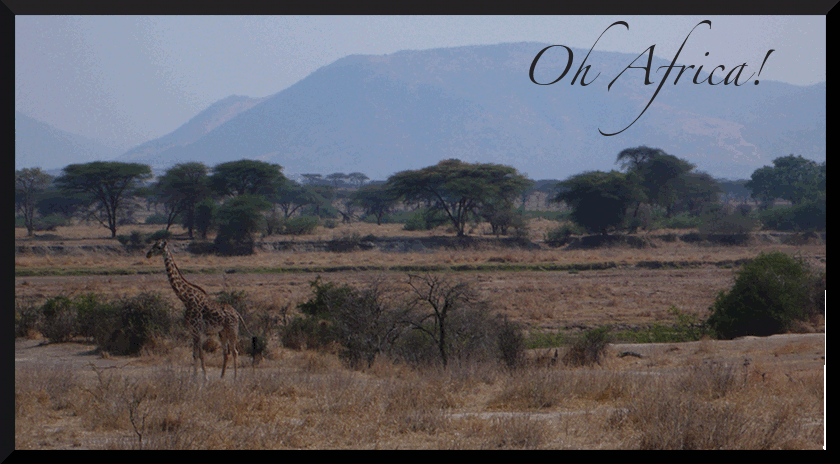My friend Madeline even told me a story about staying in Makambako. She awoke one morning to see a couple of children, who appeared to be under the age of five, lighting the back yard on fire. Alarmed, she quickly called her boyfriend before the house went up in flames. But she was reassured that they had come to cultivate the land.
On the way home from the market one afternoon, I heard three little babies trapped in a rain gutter next to our apartment. They had some how climbed down there to play, but then couldn't get out. I had to drop my bounty of tomatoes in order to bend down and scoop them out. Their arms stretched out over their heads even though they looked a little doubting about who I was.
 |
| A road sign in Port St. John's, South Africa |
There are quite possibly many very sad circumstances that contribute to the ever present watato (child) population. But it also beautiful to see everyone has a genuine concern for one another, and children that are cared for beyond the confines of their own home. Perhaps the idea of home in Tanzania stretches far beyond they way I traditionally think of it.

























